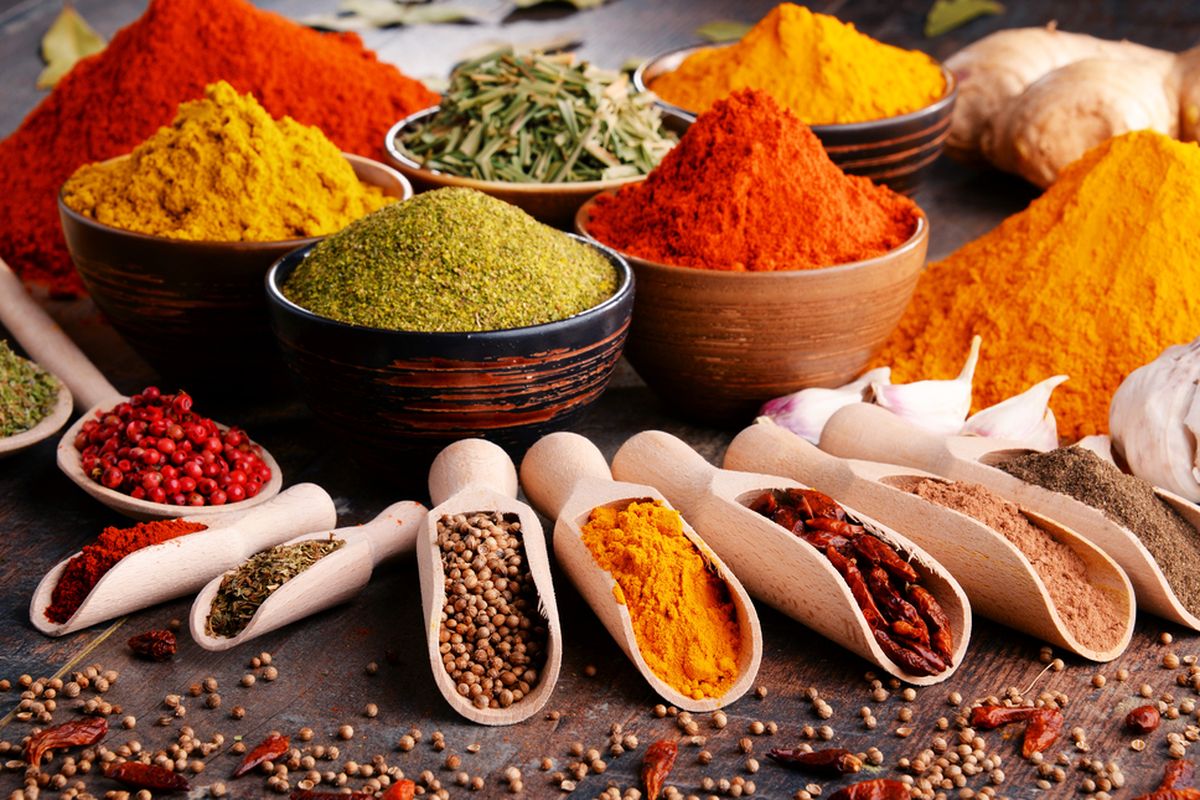Spice Tourism: An Homage to the Storied Past of Indonesian Spices

KOMPAS.com – In the past, Indonesian spices led European traders to the archipelago, but nowadays it has paved the way for spice tourism.
Before Indonesia was colonized, spices were purchased by European merchants from Arabic, Chinese, Indian, and Indonesian traders for different reasons.
University of Indonesia’s Chairman of the Research and Development in Politics and Social Sciences Agency Jajang Gunawijaya explained that historically, spices were mixed in various dishes and beverages as well as used for medication and warming the body during the winter season.
Read also: China Market Offers Huge Potential for Indonesia’s Traditional Herbal Products, Medicinal Plants
More recently, Indonesia’s abundance of spices has allowed the country to introduce a cutting-edge and spice-oriented type of tourism.
By partaking in spice tourism, travelers will have access to a range of spice-based products that offer health benefits.

“Spices balance our body’s elements. If we are balanced internally then we will be healthy. The objective is to restore our body’s balance so we remain healthy, fit, and disease-resistant.”
Jajang said that spice tourism can also be promoted as fitness tourism that offers holistic recreation appropriate to the local and regional culture.
As an example, throughout Indonesia, spices are used in herbal drinks and incorporated in massages which can be promoted to travelers seeking a new type of tourist recreation.
Read also: Bali's Award-Winning Penglipuran Village Reopens; Hopes up for Economic Recovery
The benefits of Indonesian spices span more than a healthy drink as it can also be used as the main ingredient in body scrub treatments.
Variety is the spice of life
Jajang advised that spice tourism be combined with other types of tour packages designed to showcase Indonesia’s rich natural gifts.
An example of such a tour package is to create a simulation of a spice trade for travelers, which visits locations that merchants and traders from the past visited or passed through.
“Tourists can visit historical castles of previous kingdoms while passing through the routes of Morotai, Ambon, Buton, Makassar, or the reverse.”































